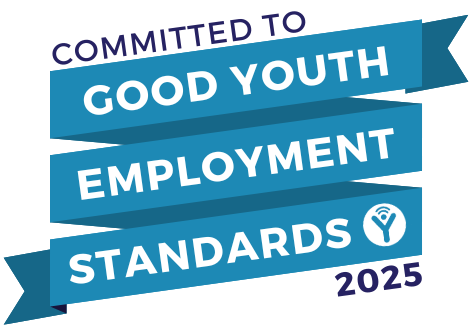Science Employers Urge Government to Stop 'Endless Changes' to Technical Education.
Endless changes to apprenticeship and technical education presents a serious risk to the development of future talent.
Science Industry Partnership’s new Skills Manifesto for Technical Education and Workplace Learning, calls for a number of reforms in order to maintain trust, credibility and clarity around the development of technical skills.
Despite the science sector investing heavily in degree-level apprenticeships – with more than 1,070 starts in the three years between 2018/19 and 2020/21 – a third of employers surveyed agreed that changes to degree level apprenticeship policy make them nervous for the future.
Employers are keen to ensure that degree apprenticeship content continues to offer the same breadth and depth of knowledge as a graduate qualification. Employers (67%) also expressed concern about the growing trend to remove qualifications from apprenticeship standards, which may negatively affect the overall perception of apprenticeships. And 69% of employers want greater flexibility on how they spend their Apprenticeship Levy.
Malcolm Skingle, Chair of the SIP board and Academic Liaison Director GSK commented:
“Apprenticeships are a key route into the science sector; yet endless changes to technical education policy presents a serious risk to the development of skills. Despite industry concerns, shifting technical education policy has already led to the removal of mandatory qualifications for some apprenticeship standards. This raises the risk of a two-tiered apprenticeship system developing, which could potentially undermine our globally- recognised, accredited qualification system and harm the international transfer of talent, which is so important to our globally competitive science sector.
A fairer funded and more flexible apprenticeship system would provide a greater incentive for employer investment in future talent pipelines. The ability to use existing levy funds to access additional short course training and qualifications along with a relaxation of off the job training requirements for existing employees needs to be addressed.”
Liz Collins from Pfizer commented
“A strong pipeline of suitably qualified talent is the lifeblood of the science & technology sector. In a connected world where skilled workers are in serious demand, it is vital technical education reforms keep pace with international best practice and protect the parity of esteem between vocational and academic education.”







